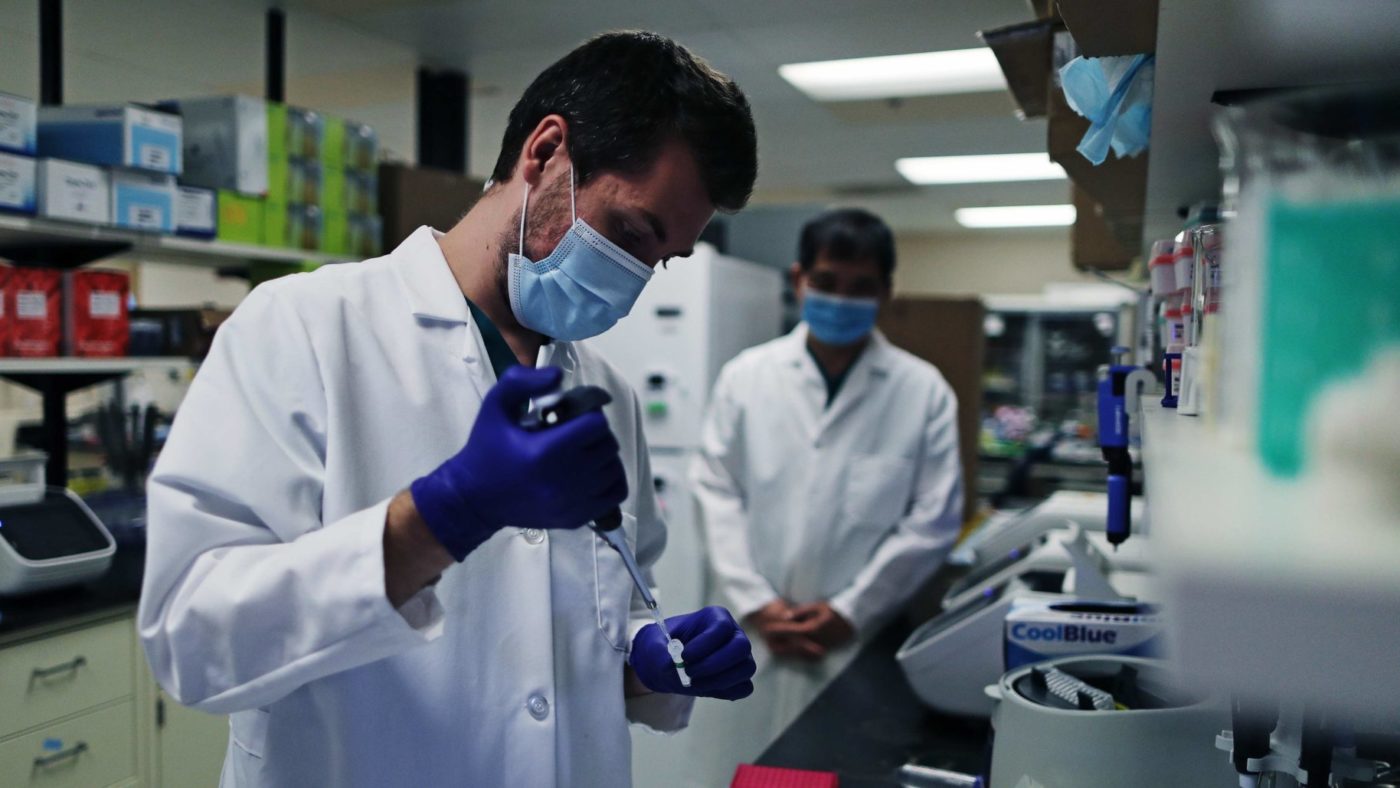Given the current gloom, we should take our silver linings where we can find them. One such silver lining from the current pandemic is that we can finally to put to bed most of the spurious arguments about drug development that keep doing the rounds.
The usual story goes something like this: nasty private companies making a profit from the drugs they develop and sell are evil, since by doing so they are exploiting the sick. If only governments did all that development work themselves the world would be a sweeter and fairer place.
Except, that’s not how things would work if the government was in charge, is it (let alone how they do work when the government aren’t!)?
Take, as an example, the recent case where concerned academics stated that government is buying testing kits which haven’t been shown to work yet. This is not, however, a government mistake. For it costs money to design a test. It costs more money to set up a production line that can deliver them in volume. At the present time – it’s an emergency, right? – the preference is not to wait and see how competition is going to winnow down the number who claim they can do this. Instead, the sensible option is to back everyone that might plausibly be a winner. Yes, this is expensive – but for the same reason war is: failure will be even worse. No one can take a considered decision, there is no time for markets to work. Bet on everything and thereby be able to claim a winner.
The logic is also the same for drug development and vaccine research. By one count there are over 100 vaccines against covid-19 in development. This is absolutely not how the commercial world would work. There might well be 100 started attempts but many would fall by the wayside and some small handful would gain authorisation and move into production and deployment. The flip side of this is that the drug companies who got it right would make decent enough profits from having done so to encourage them to take on the (fairly high) risk of failure next time.
But wait a second. Critics usually scream about private companies charging more than production costs in order to make profits from the provision of a public good (ie a vaccine). But what’s happening now? We have myriad development processes going on, nearly all of which are being government funded. The total cost of which to the taxpayer is going to be what? Rather more, one would wager, than the commercial process if it had been possible to give it the necessary time – because under the usual system taxpayers only pay for success. Under the government one they pay for everything.
So yes, it is true that a drug company that gets it right makes good profits. But that is to only look at how much that particular company has spent and to ignore all that which was spent on the failures by everyone else. The commercial development system must produce large enough winnings to convince capitalists to spin the wheel on developing this next drug or treatment. Government development has to pay all those costs – for all of those failures as well as the ones that succeed.
In the end, if your problem is getting drugs developed effectively and at the lowest possible cost to the taxpayer, then the private sector, rather than the government, provides the best medicine.
Click here to subscribe to our daily briefing – the best pieces from CapX and across the web.
CapX depends on the generosity of its readers. If you value what we do, please consider making a donation.


